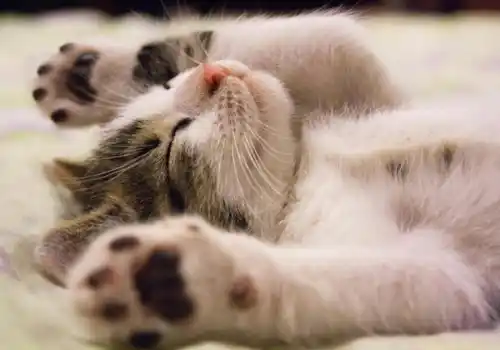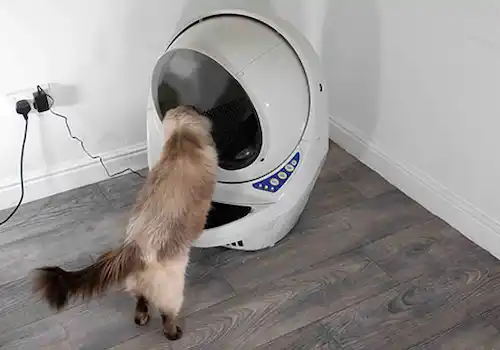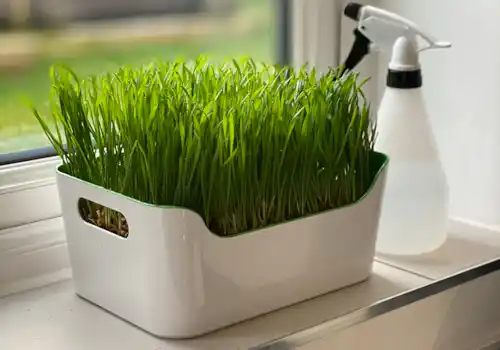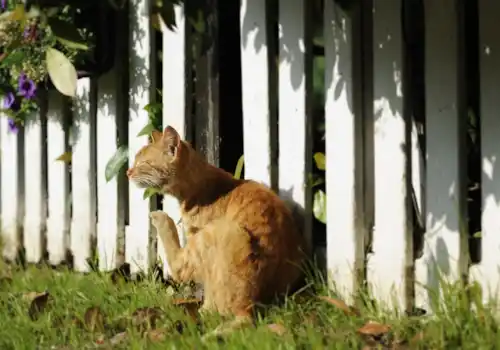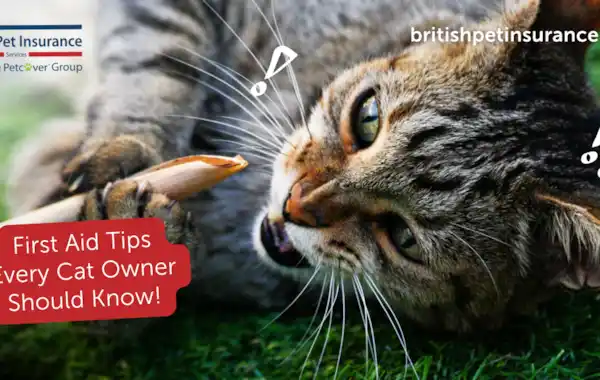Cats are curious by nature, whether it’s squeezing into tight spaces, nibbling on plants, or exploring rooftops. But that curiosity can sometimes lead to accidents. Would you know what to do if your cat cut their paw, ate a toxic plant, or suddenly collapsed?
Knowing some basic cat first aid can help keep your feline safe until you get them to the vet.
Common Emergencies and What to Do
Bleeding or cuts
Cats often injure themselves on sharp fences, broken glass, or even during play. Apply gentle pressure with a clean cloth or bandage to stop bleeding. For small wounds, rinse with saline and cover lightly. Avoid human antiseptic creams, many are toxic to cats.
Traffic accidents
Outdoor cats are at risk of road traffic accidents. If this happens, carefully move your cat to safety using a blanket or board. Check if they are breathing and look for obvious injuries but remember internal damage may not be visible. Even if your cat seems fine, contact your vet immediately.
Collapse or seizures
Seizures in cats can be triggered by poisoning, head trauma, or health conditions such as epilepsy. Do not try to hold your cat during a seizure, clear the area of objects and time the episode. If it lasts more than two minutes, or happens more than once, seek emergency vet care.
Fractures or broken bones
Falls, fights, or car accidents can cause broken bones. Signs include limping, swelling, or refusing to move. Do not attempt to splint the leg or give painkillers. Keep your cat calm, wrap them gently in a towel for transport, and go straight to the vet.
Choking or breathing problems
If your cat is pawing at their mouth, coughing, or struggling to breathe, they may be choking. Only remove the object if you can see it clearly and easily. Otherwise, call your vet immediately. Never give cats’ toys or treats that can splinter or break into small pieces.
Poisoning
Common cat poisons include lilies, antifreeze, onions, chocolate, and human medicines. Call your vet or the Animal Poison Line right away. Do not induce vomiting unless told to, it can cause more harm. Take packaging or plant samples to the vet if possible.
Be Prepared
Every cat household should have a pet first aid kit with bandages, saline solution, tweezers, pet-safe wipes, a clean towel, and your vet’s contact details.
By preparing ahead and knowing what to do in emergencies, you can act quickly and give your cat the best chance of recovery.
Remember, having pet insurance can help when accidents happen. Make sure you’re covered so when the unexpected happens, you can focus on your pet and not finances

